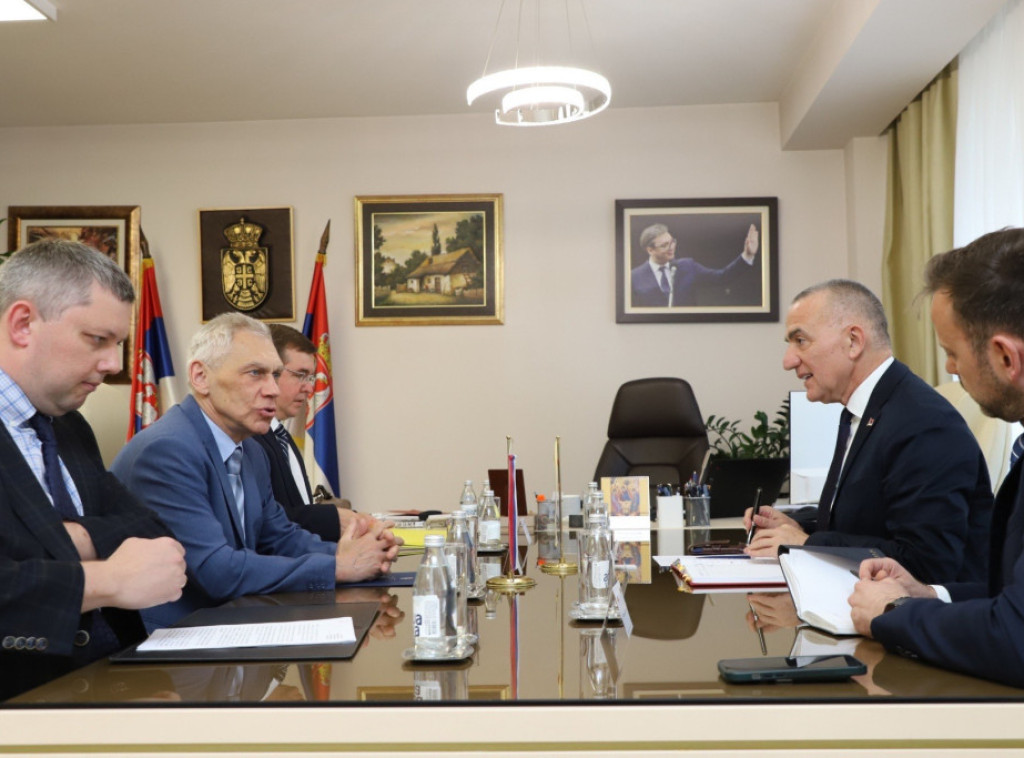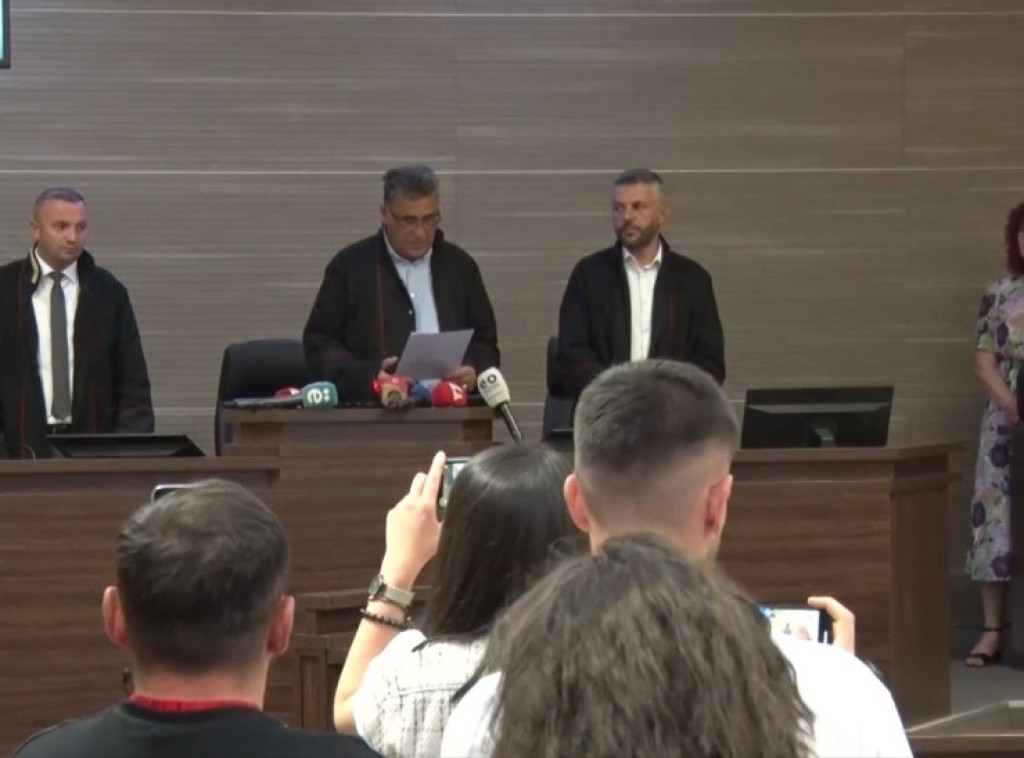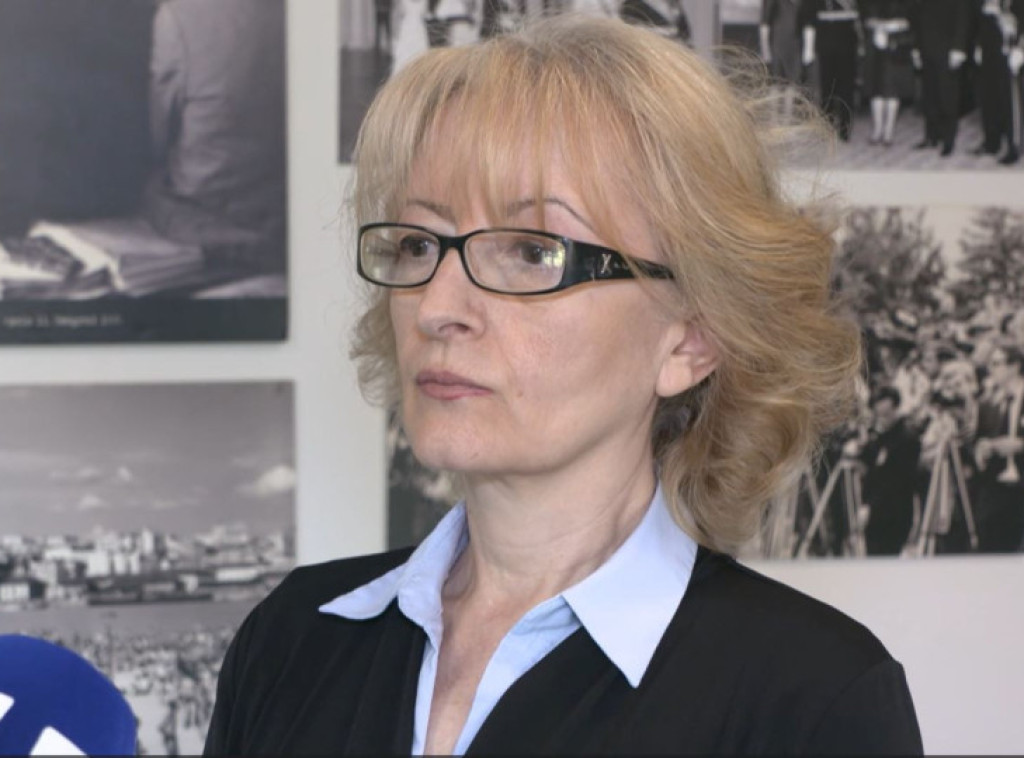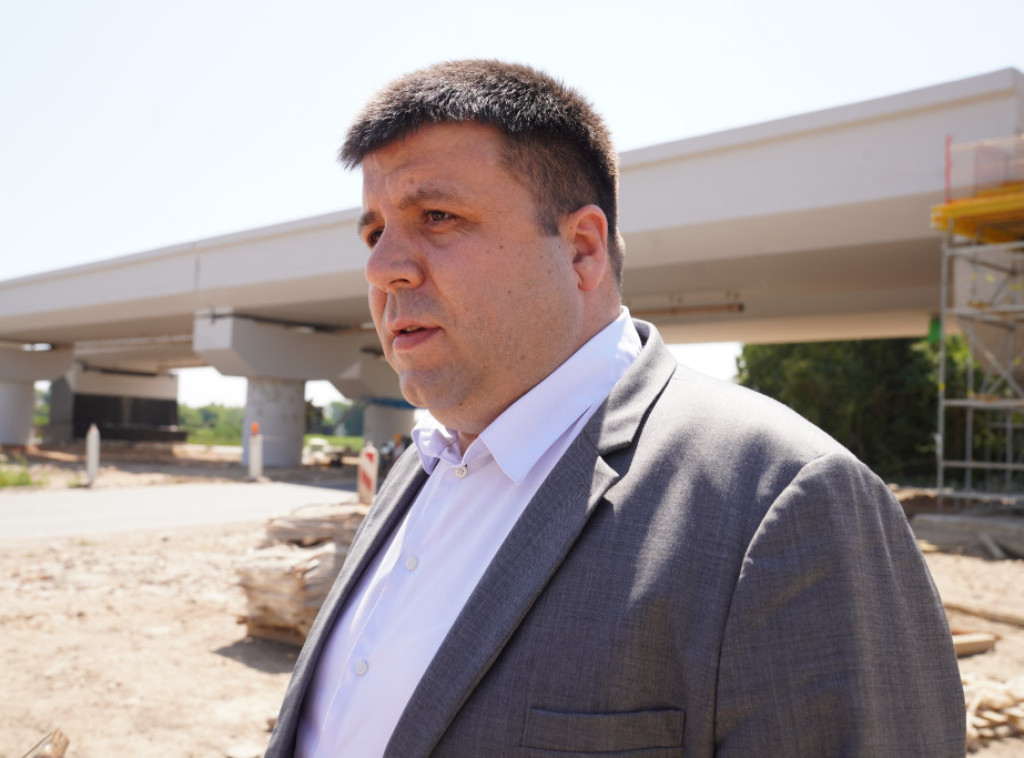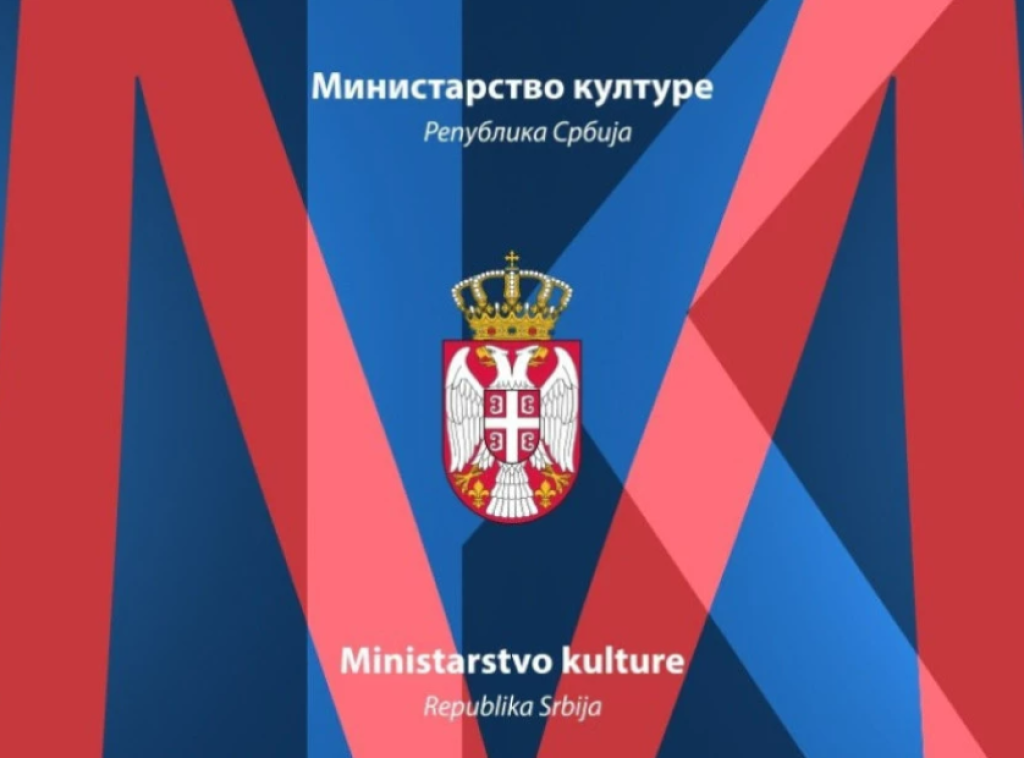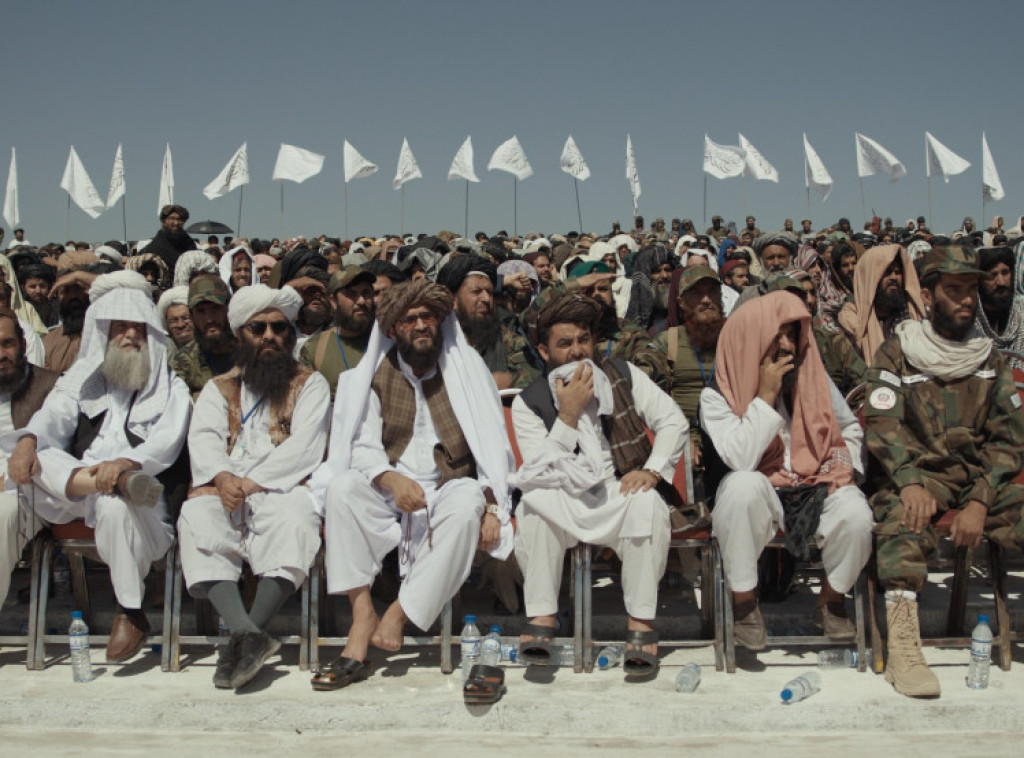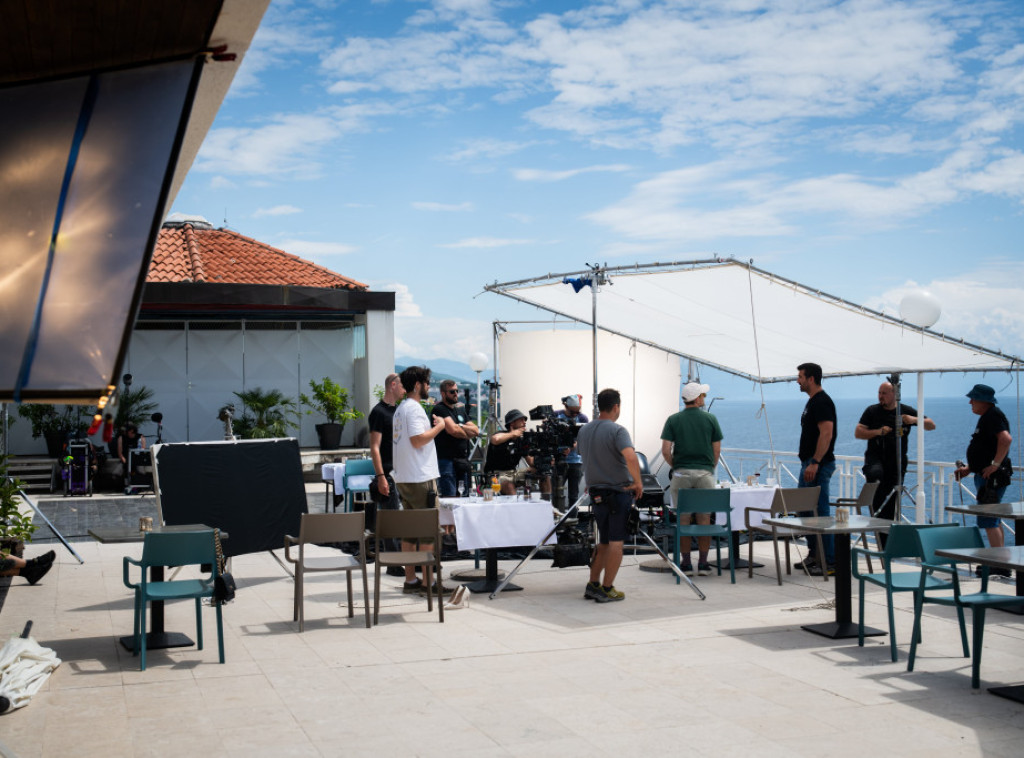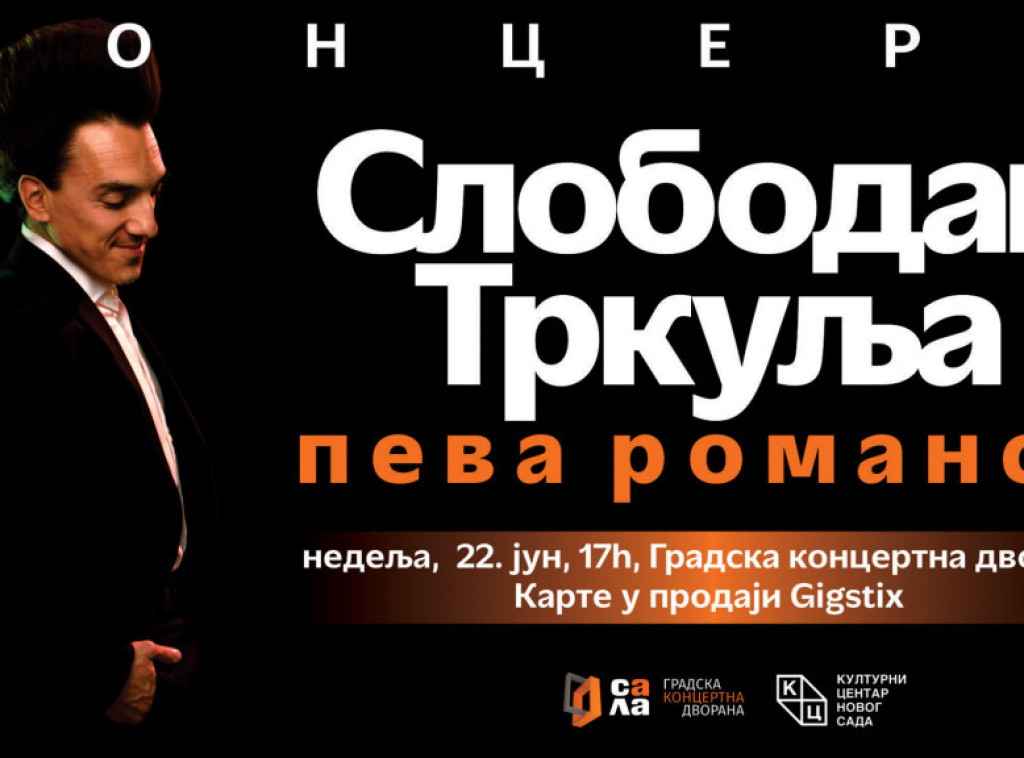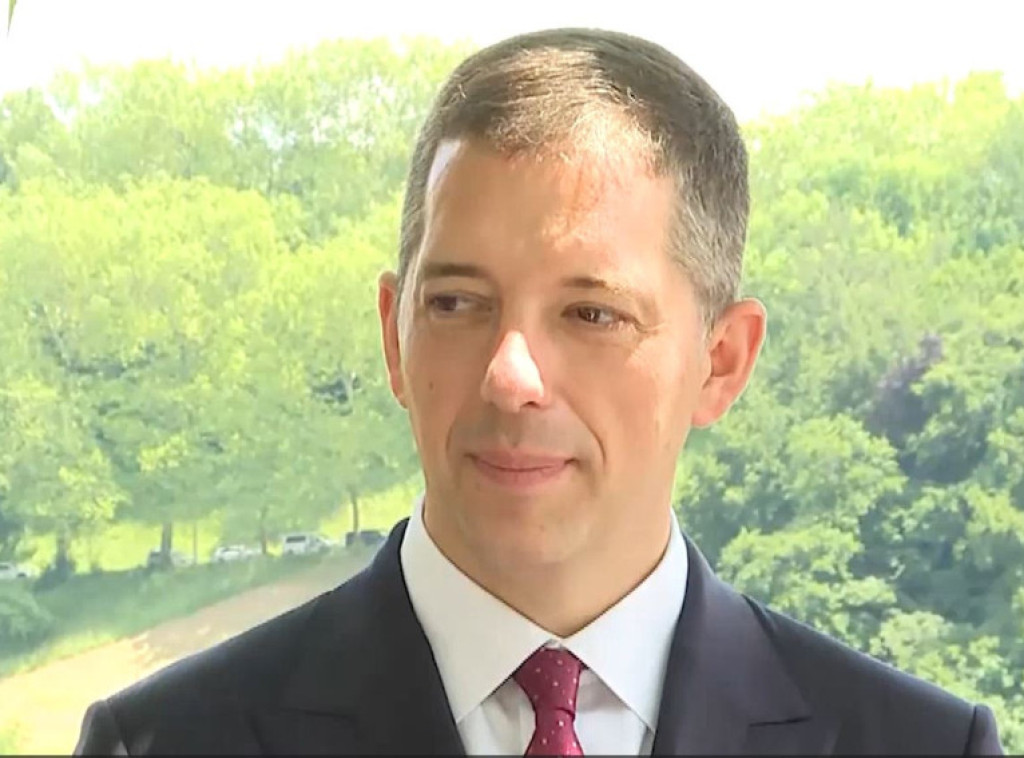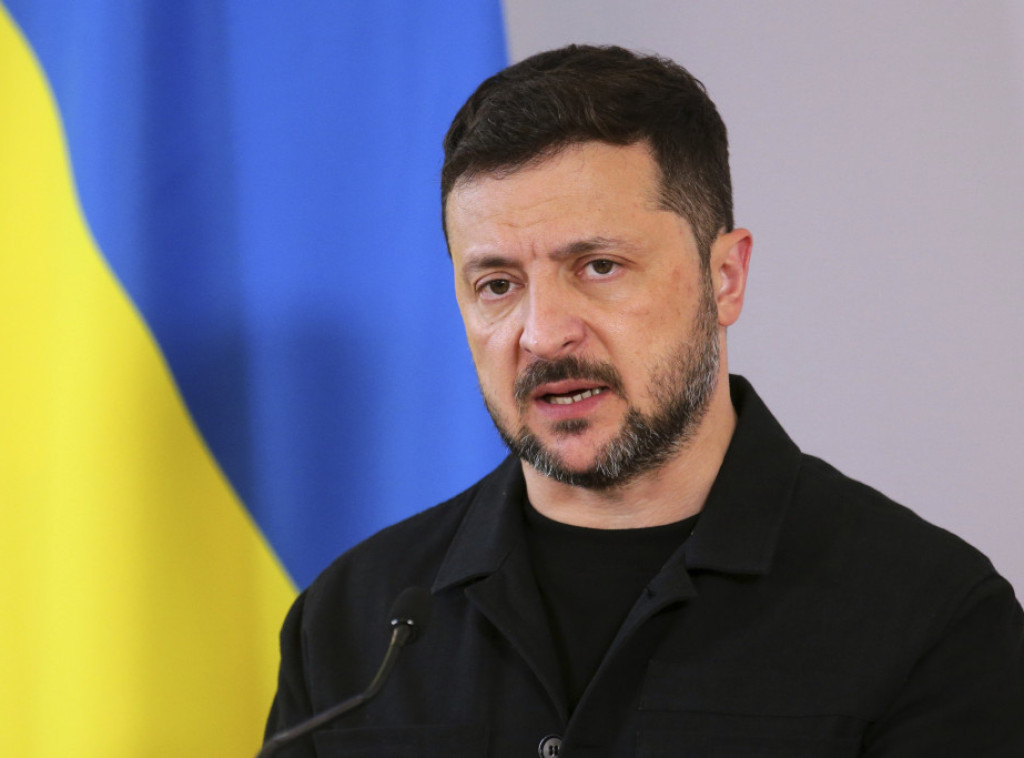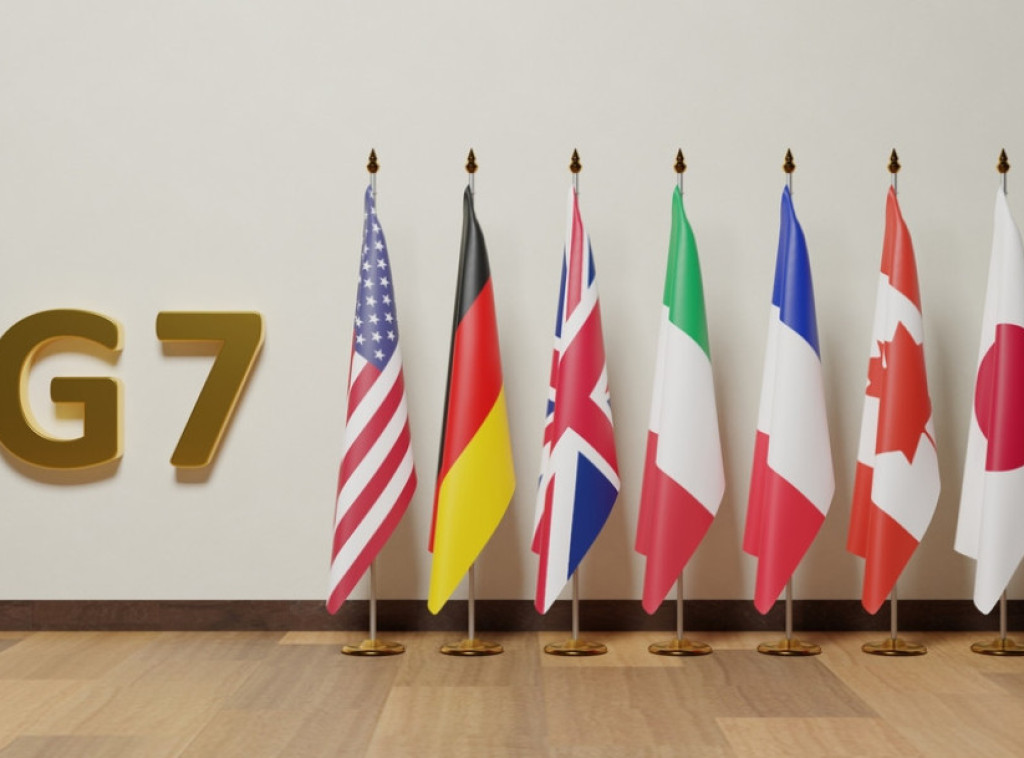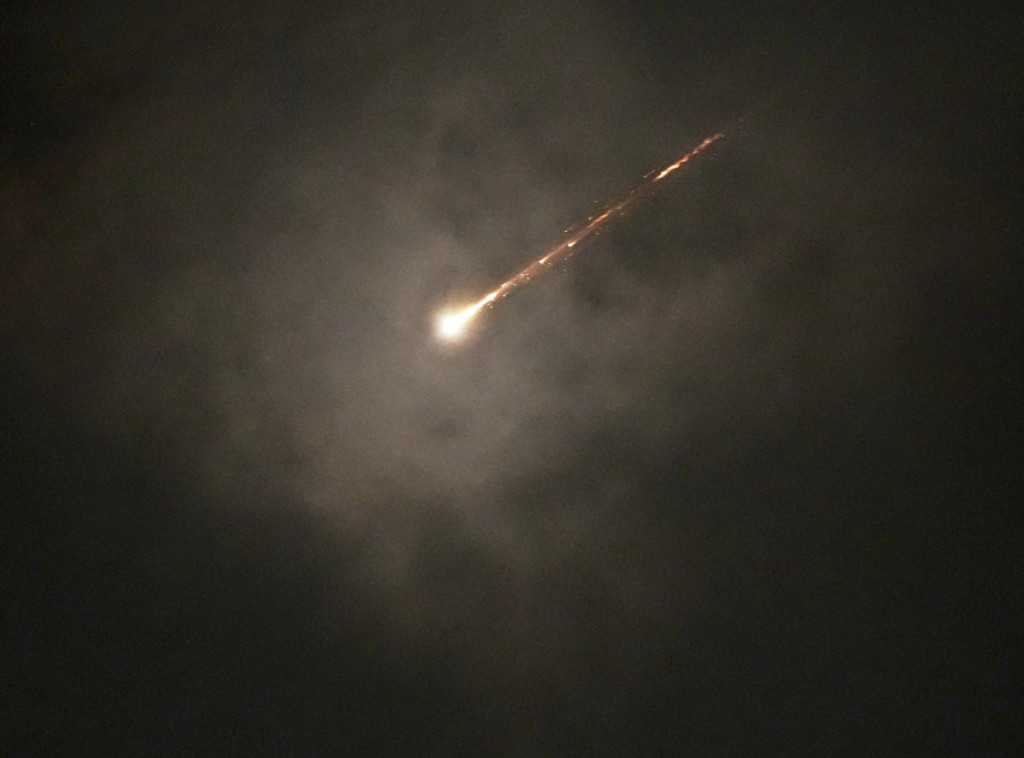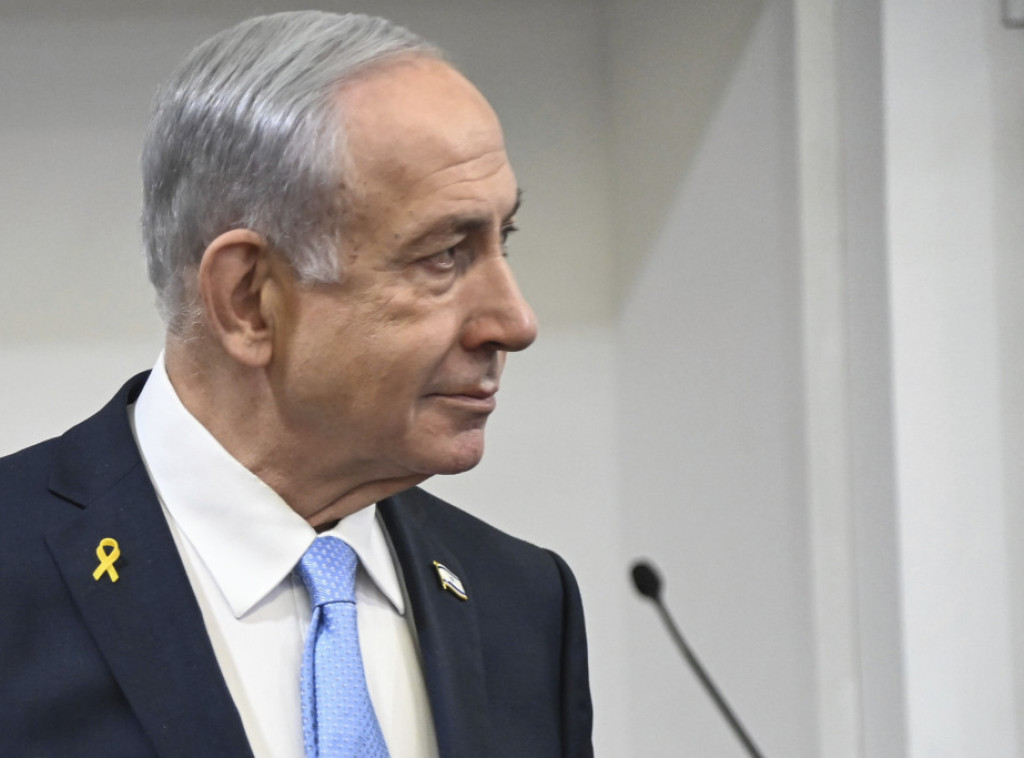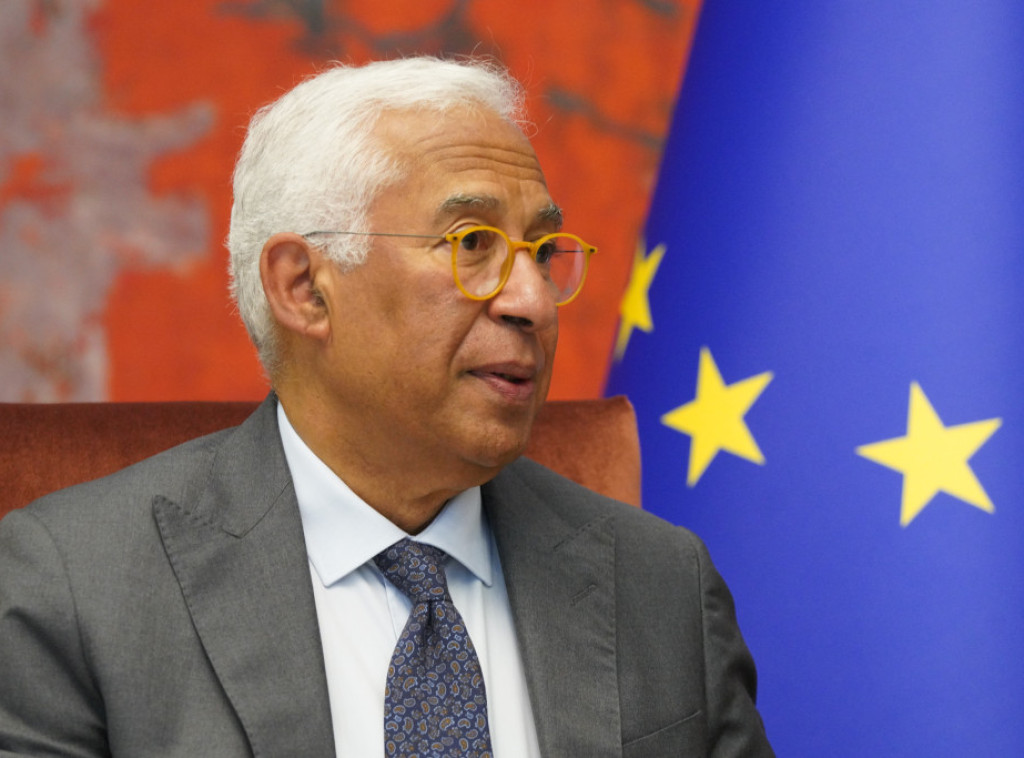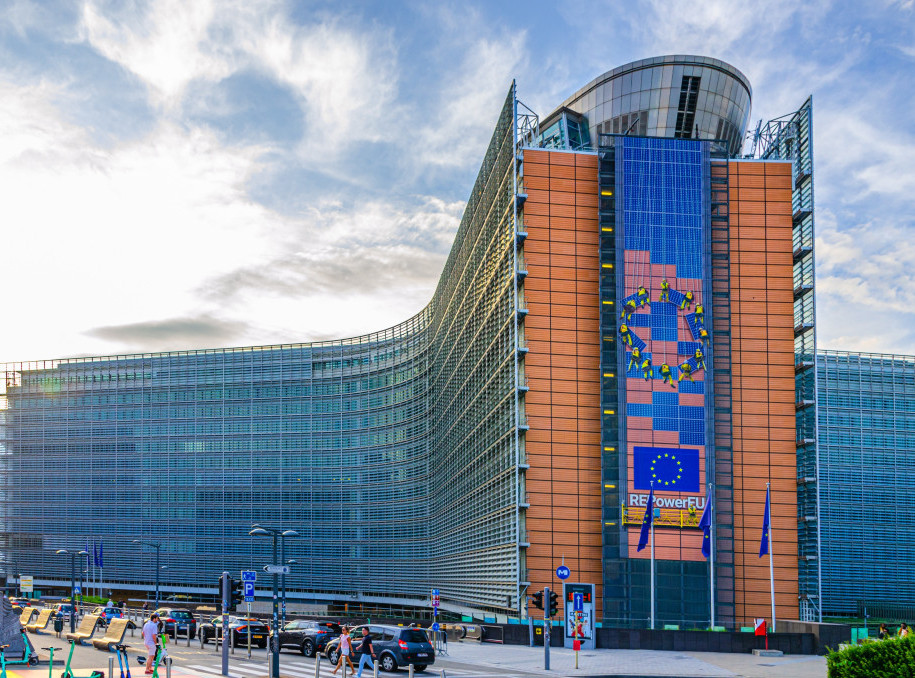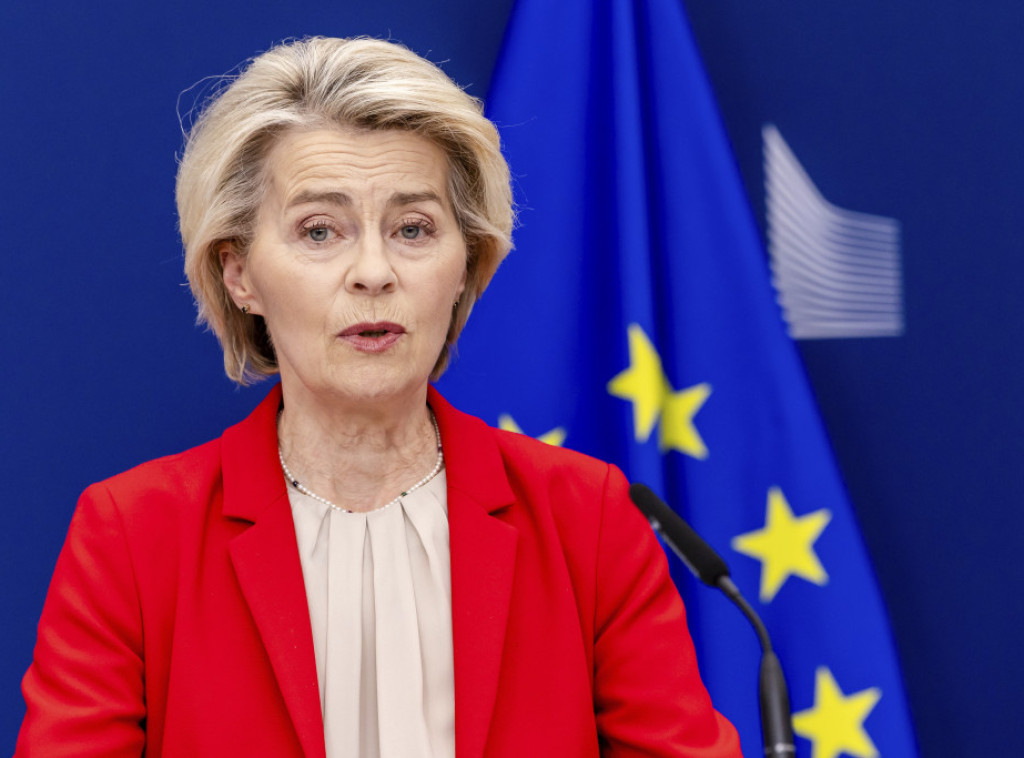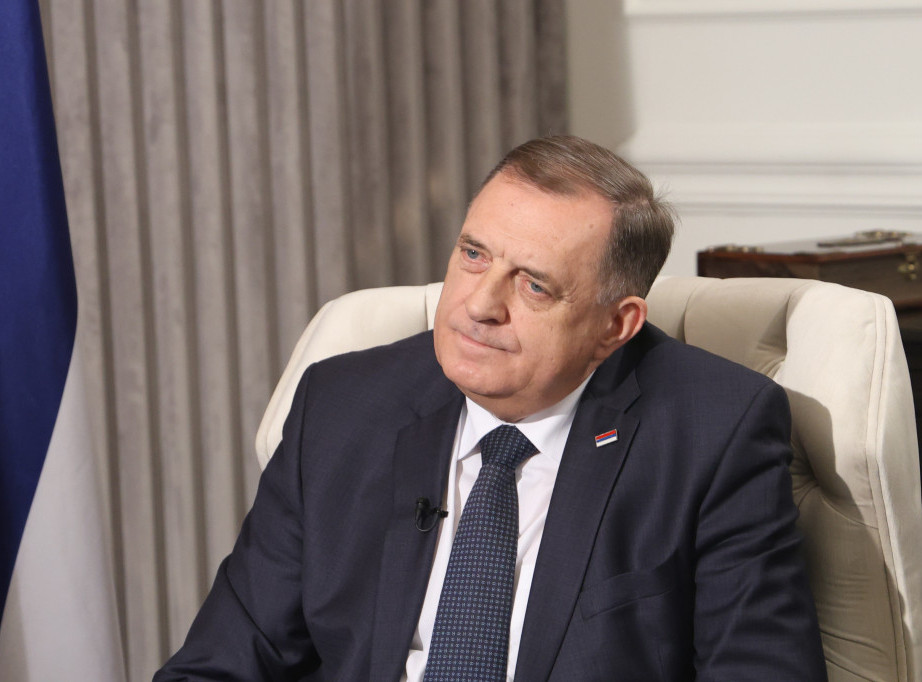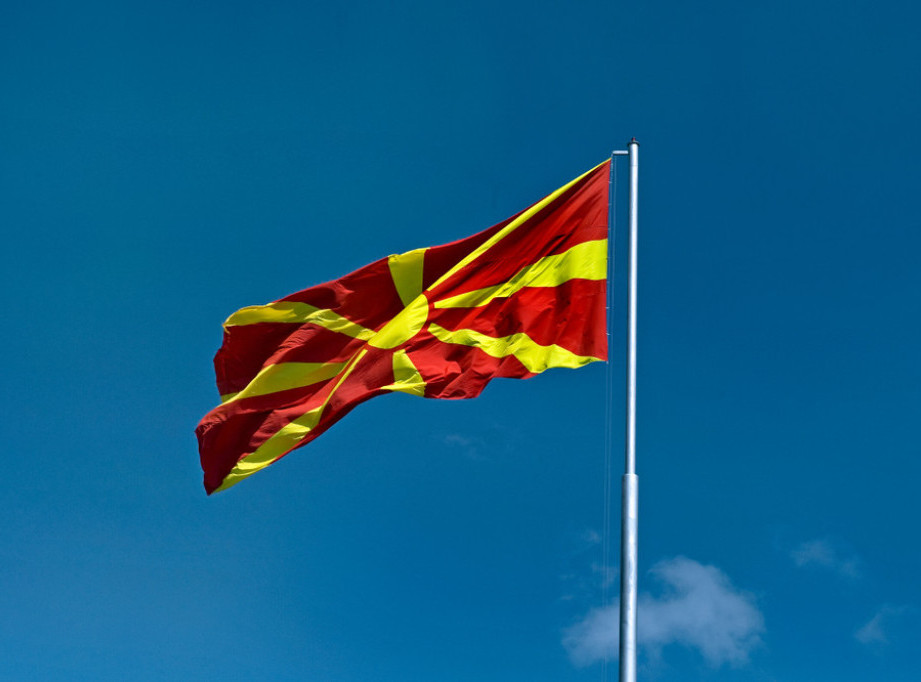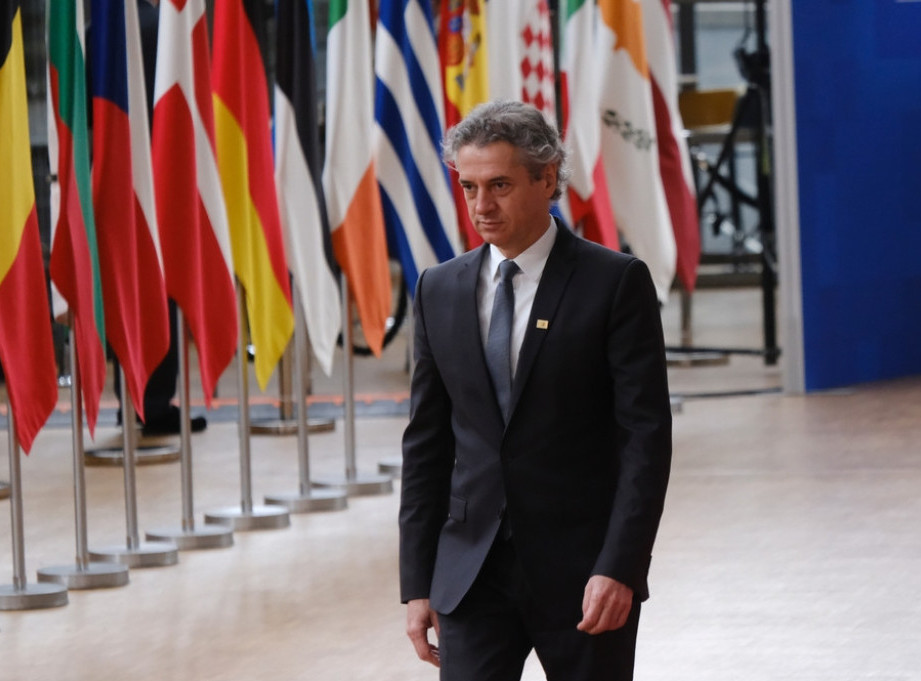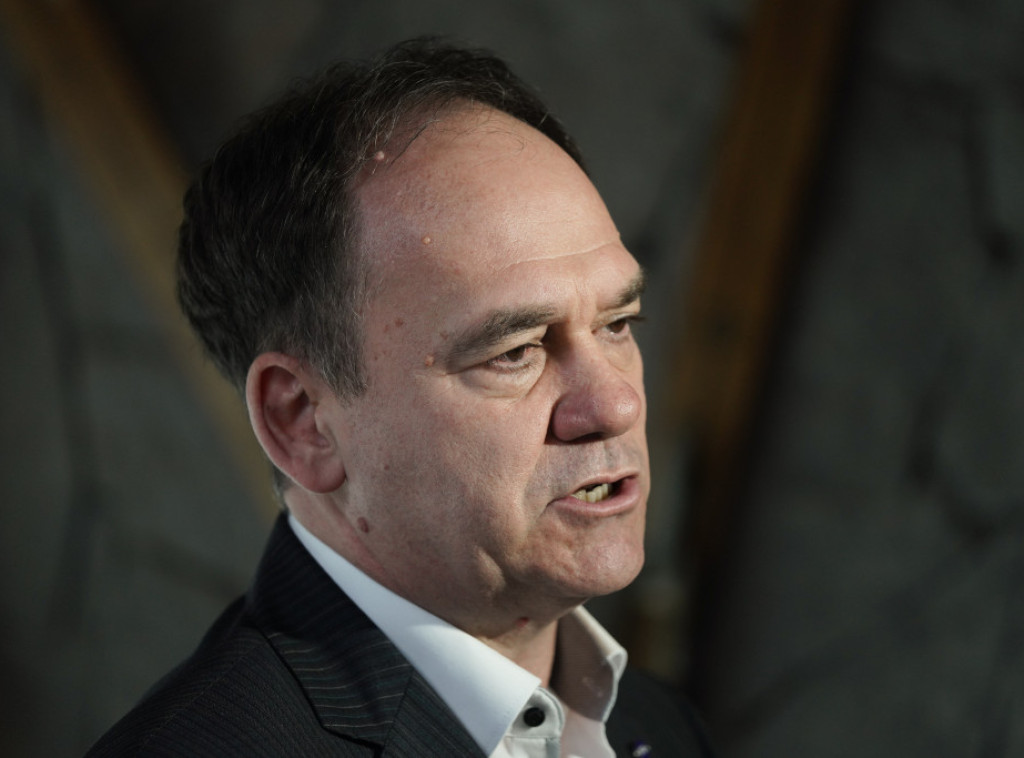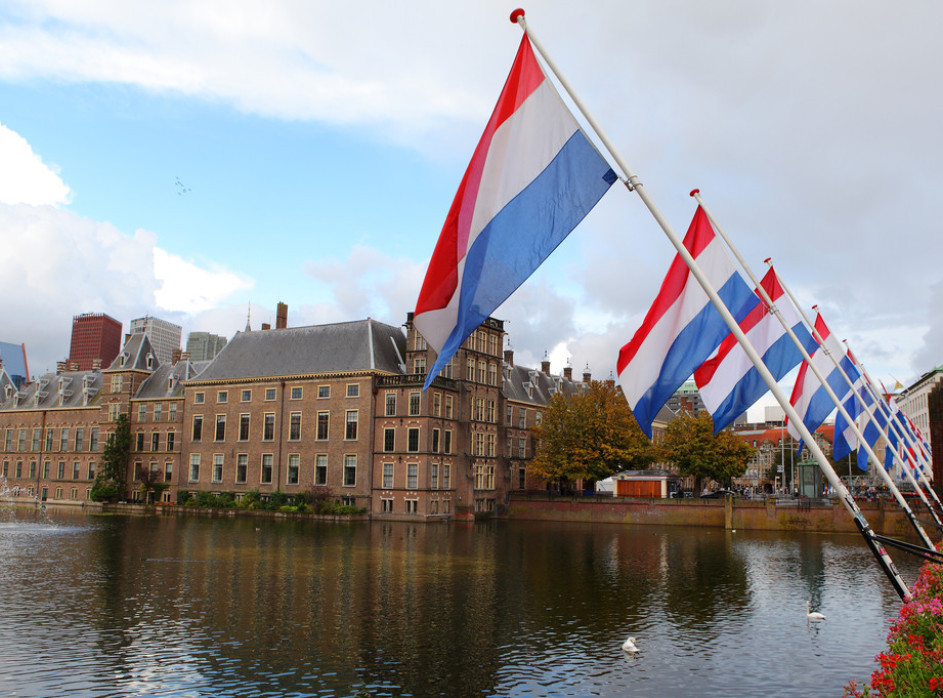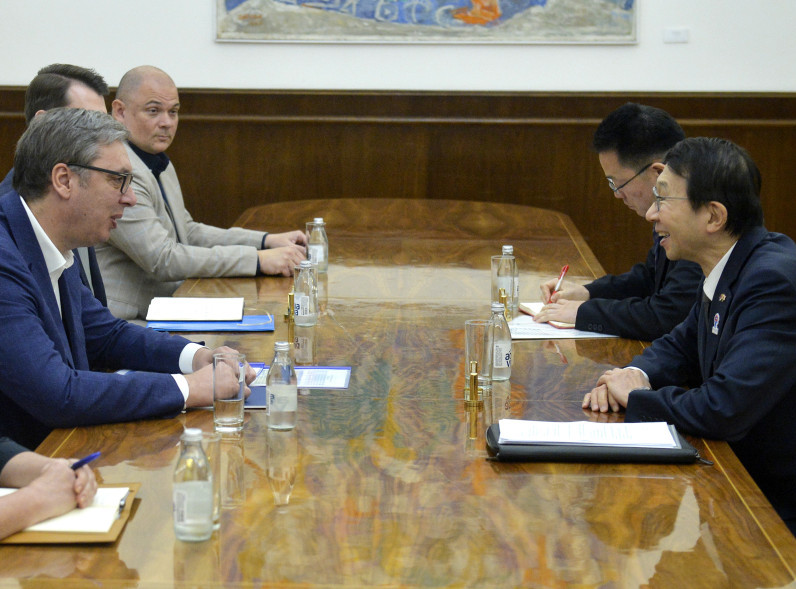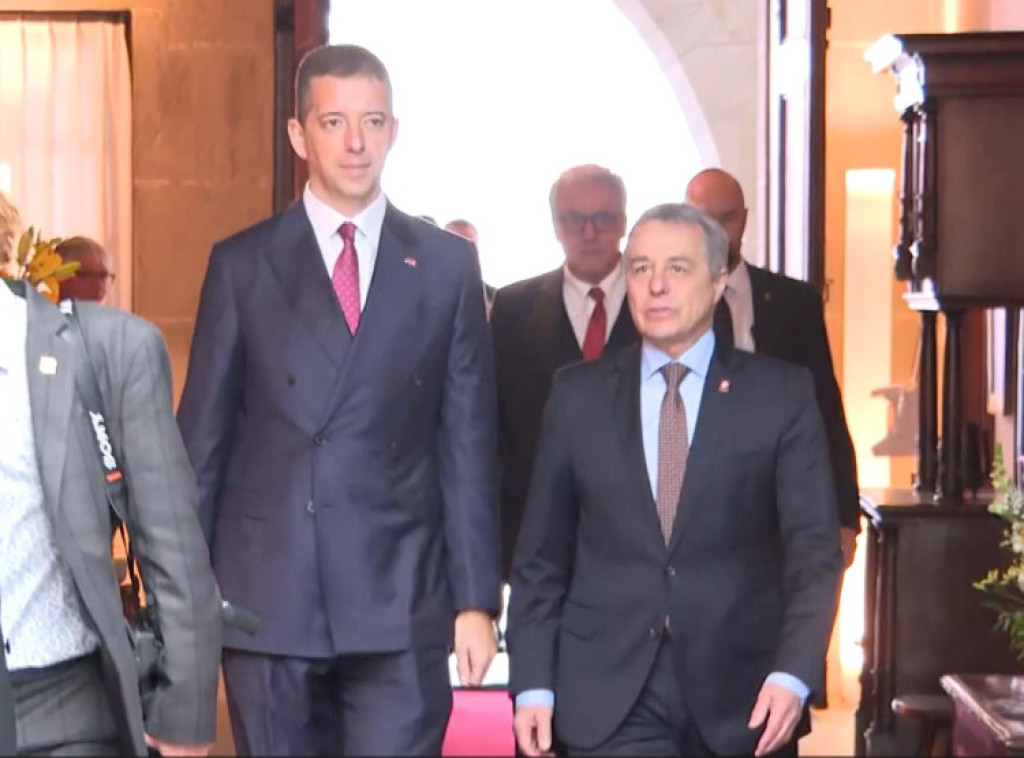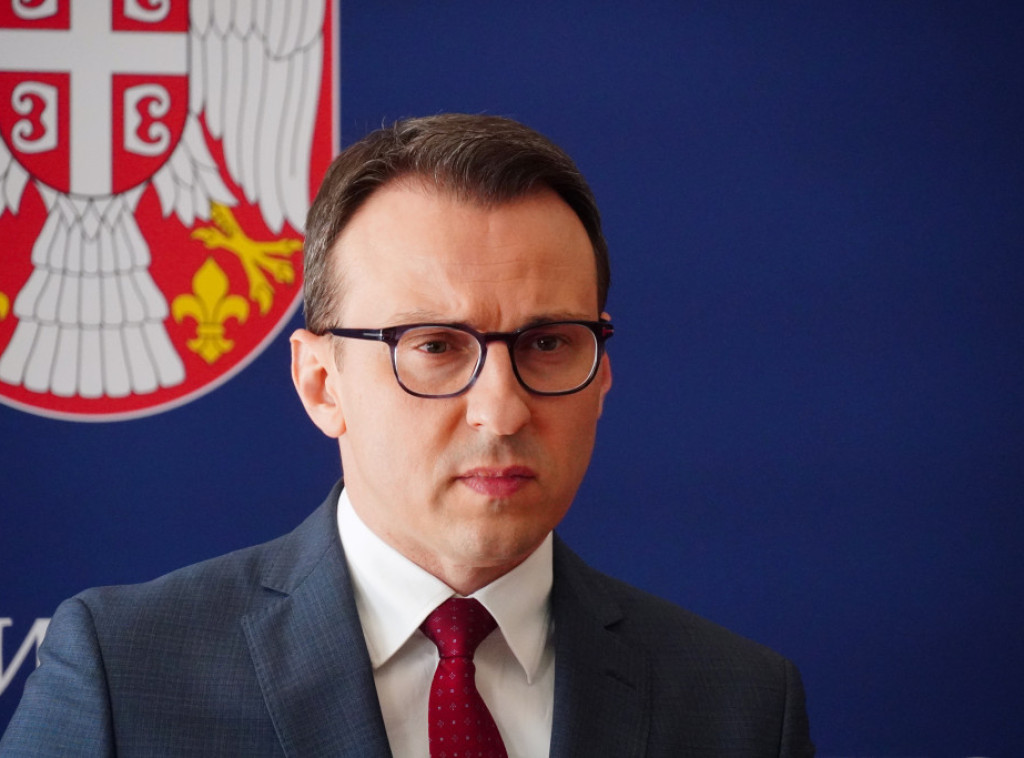The President of Republika Srpska, Milorad Dodik, criticized the adoption of a law in the House of Representatives of the BiH Parliament, which he claims was passed with the support of Muslim representatives and opposition from Srpska. Dodik argues that the law undermines the constitutional rights of Republika Srpska, centralizes power in the House of Representatives, and allows Muslim representatives to impose decisions without national and entity quotas. He also expressed concern about migration movements and proposed measures to protect Republika Srpska from the consequences of migration. This event has sparked political tensions and varying interpretations in BiH.
Political Perspectives:
Left: Left-leaning outlets might emphasize the dangers of centralizing power and the potential marginalization of minority groups, highlighting the need for inclusive governance and protection of constitutional rights for all ethnic groups in BiH. They may also focus on the political tensions and the importance of dialogue between entities.
Center: Centrist sources tend to report the facts of the law’s adoption and the reactions from different political actors, presenting Dodik’s criticism alongside the official reasons for the law. They emphasize the legal and constitutional aspects and the implications for the political balance in BiH without strong bias.
Right: Right-leaning media often highlight Dodik’s perspective, portraying the law as a threat to Republika Srpska’s autonomy and constitutional rights. They stress the centralization of power as dangerous and criticize the role of Muslim representatives and opposition parties in Srpska, framing the law as an imposition against the interests of the Serb entity.









